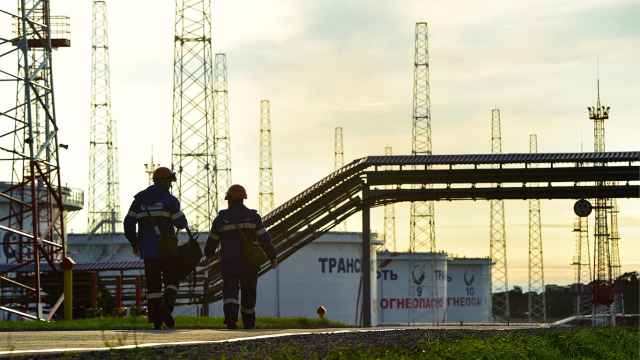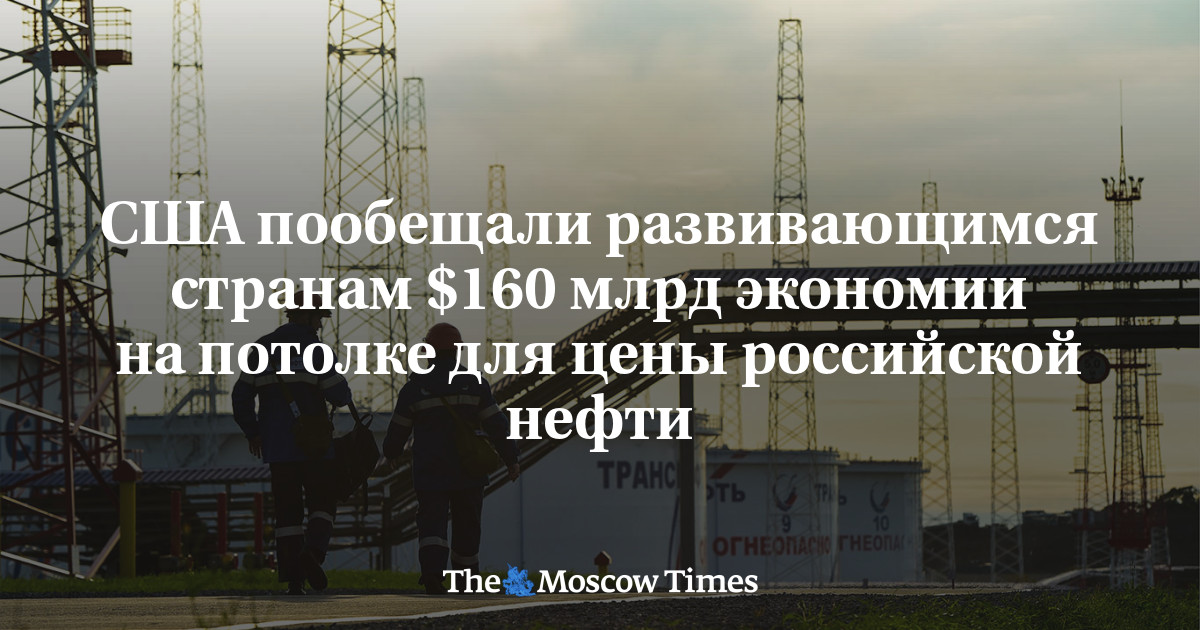
According to the US Treasury Department, the G7 plan to introduce a ceiling on the price of Russian oil will allow the 50 largest developing countries to save $160 billion a year on energy imports. The proposed scheme will limit their cost around the world, according to Washington.
The analysis conducted by the Ministry of Finance (Washington is expected to share its results with its partners in the coming weeks) compares two scenarios: how a functioning scheme limiting the price of Russian oil will affect the world market, and what will happen if an embargo is introduced that does not imply the sale of oil at a price below the established one.
At the same time, the Ministry of Finance did not explain exactly what value of the cap would result in savings of $160 billion. Last week, Deputy Finance Minister Wally Adeyemo told CNBC that the cap would be “significantly higher” than the cost of oil production in Russia.
“Despite significant uncertainty, Treasury’s analysis shows that overall, the ability to conduct transactions below the target price will save the 50 largest developing and low-income countries about $160 billion a year in oil import costs,” a ministry spokesman said. He added:
According to the Ministry of Finance, the countries of Europe and Central Asia are heavily dependent on the import of oil and petroleum products: in this region it is equal to 4.7% of GDP, or $55 billion. In 16 developing countries, from Mali and Turkey to El Salvador and Thailand, the cost of importing oil exceed 5% of GDP, said a representative of the Ministry of Finance.
Washington is seeking to rely more on carrots than sticks to persuade countries and companies around the world to join the G-7 plan, even if they do not formally join the coalition capping the price of Russian oil. The White House does not want to resort to secondary sanctions for violating it, as some senators are proposing.
So far, Russia has managed to redirect its oil exports from Europe to Asia, where China, India and Türkiye have become its main buyers. However, the International Energy Agency predicts a drop in Russian production after the European embargo comes into force, which could lead to higher oil prices.
A ceiling on the price of Russian oil will help stabilize prices. The representative of the Ministry of Finance admits that the United States will also benefit from this, but at the same time points out that the country is a net exporter of oil. Much greater benefits from stabilization, he said, will go to developing countries, which “right now” have to bear large import costs. The official added:

